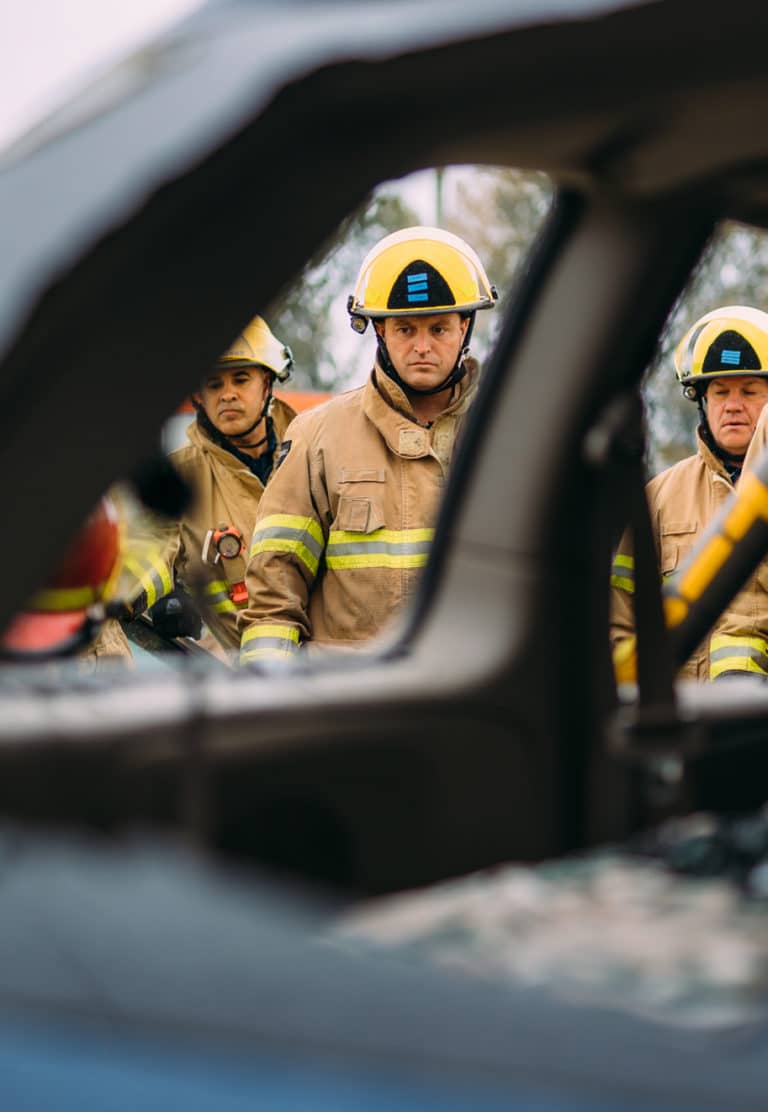
When should I call 9-1-1?
The right time to call 9-1-1 is if someone’s health, safety or property is in jeopardy, or a crime is in progress. You should call 9-1-1 in the event of a police, fire or medical emergency where immediate action is needed.
What are some examples of when I should call 9-1-1?
Here are some potential scenarios where it would be appropriate to call 9-1-1:
- An event that involves an immediate threat to a person or property. For example: screams, attacks, gunshots, fires, car accidents with injuries or any other medical emergency.
- A substantive, in-progress crime. This includes fights, break-and-enters (if there is a suspect on the scene) or a report of an impaired driver.
- A serious crime that has just occurred. For example: sexual assault or robbery.
- A suspicious circumstance that may indicate an imminent criminal act (examples: prowler, vandal).
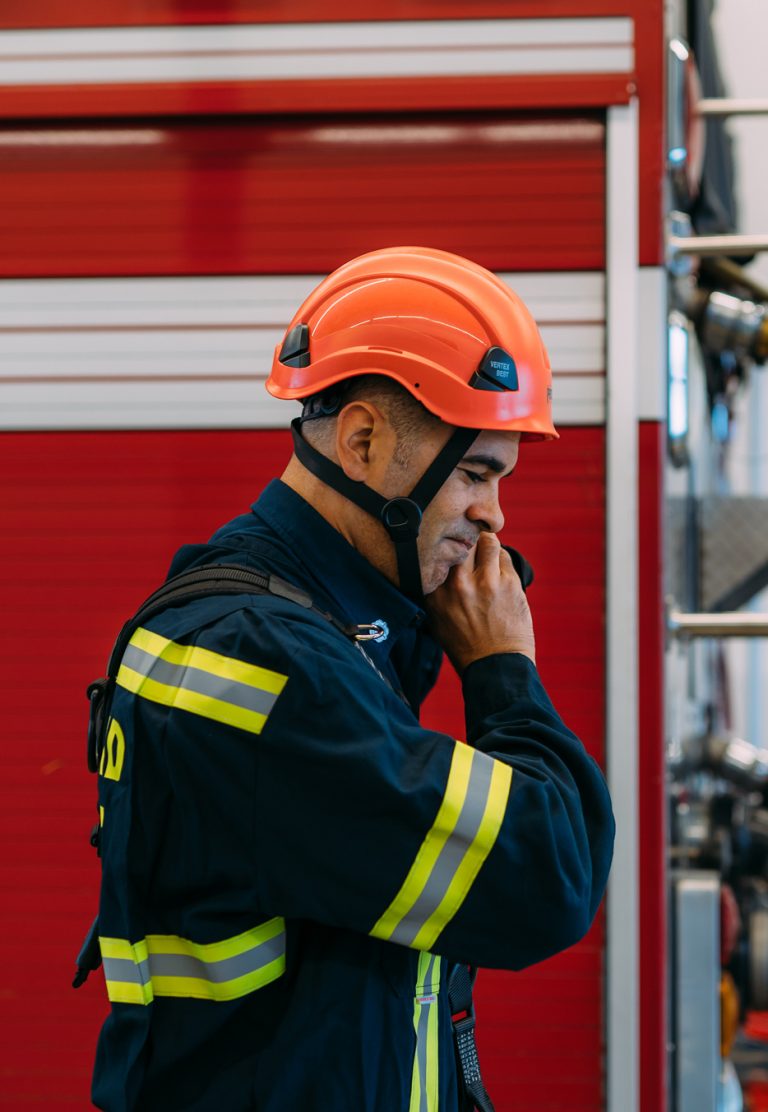
What happens on a 9-1-1 call?
When you call 9-1-1, even by accident, stay on the line. You will be connected to a 9-1-1 call-taker.
- The first thing the operator will ask is: “What city are you calling from?”
- This will be followed by: “Do you need police, fire or ambulance?”
The entire process takes approximately 25 seconds.
If you are unsure of what services you need, the 9-1-1 call-taker will ask you a few brief questions to help them understand which agency is required, and they will connect you to the appropriate one accordingly.
Once the operator transfers you to the specific municipality’s emergency line:
- Listen carefully, speak clearly and try to remain calm.
- Stay on the line and follow the instructions given.
Your 9-1-1 call-taker will stay on the line with you to make sure your call is answered by the agency you need. Don’t hang up until the call-taker says it’s okay to.
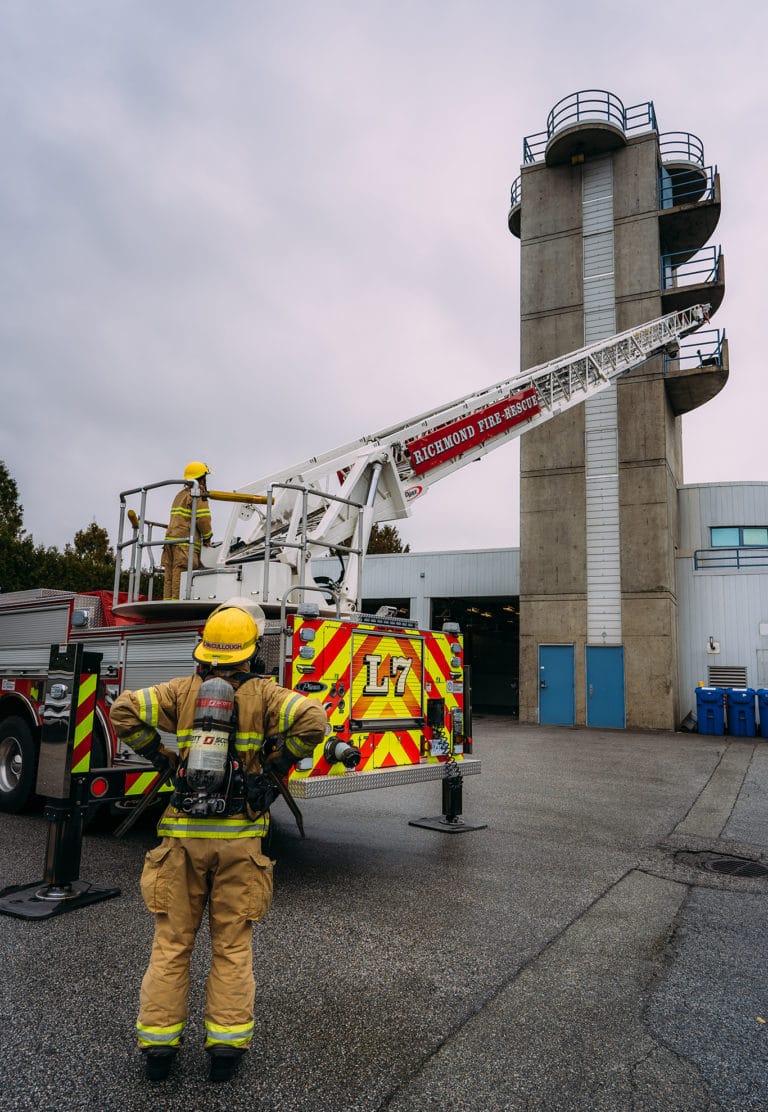
When you call 9-1-1, it is important for you to know the following:
- Your location
- Know where you are at all times, and communicate it when asked. This is particularly important if you are using a cellphone –– cellphones only provide general location information, and internet phones do not provide any location information.
- Your city, building, home address or cross streets
- Any of this information is essential to helping emergency personnel find you. We recommend learning your compass directions (north, south, east and west) as well.
What if I am lost and don’t know where I am?
Never wait to call 9-1-1 if you are lost outdoors! Even though you may not feel an urgent threat to your health or safety, it is best to make the call immediately rather than trying to find your way back.
Once you’ve made this call, follow the instructions of the 9-1-1 call-taker and/or Search and Rescue official.
This may include being instructed to conserve your cellphone’s battery power by not making any other calls and establishing set times for further communication with emergency responders.
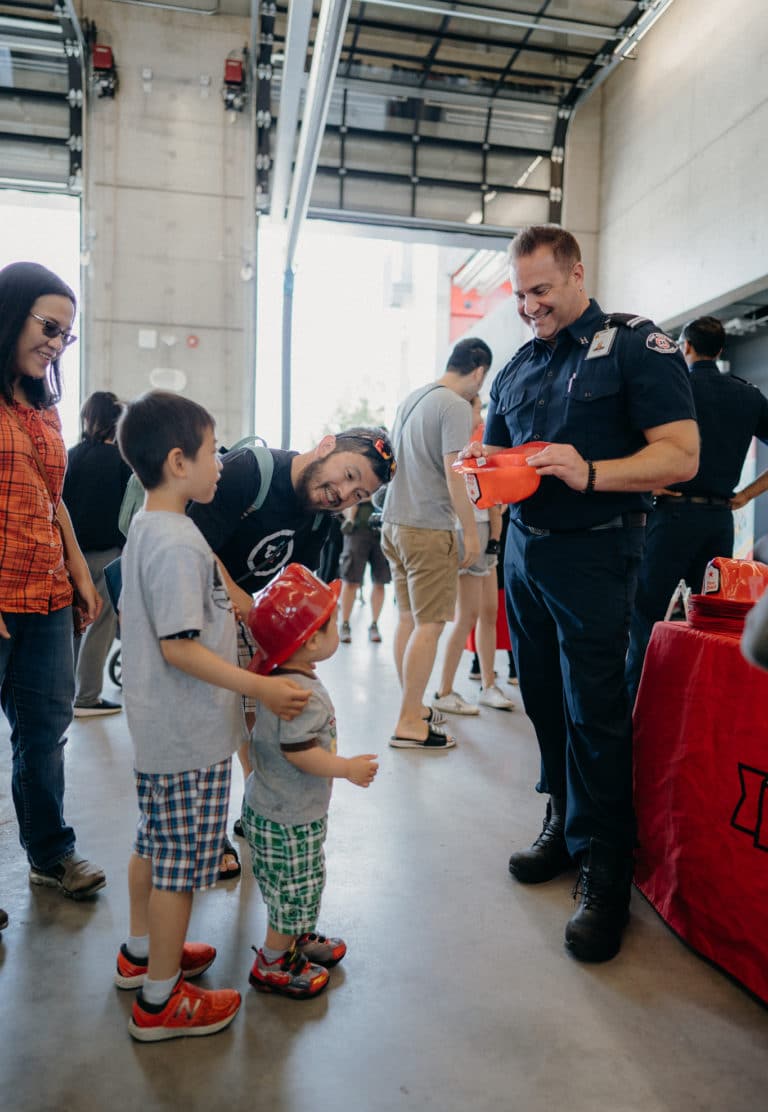
No! 9-1-1 services are available in several languages.
E-Comm, the 9-1-1 answering point for our City, has access to a 24-hour service that provides interpretation in more than 170 languages.
In most cases, an interpreter can be on the line in less than one minute.
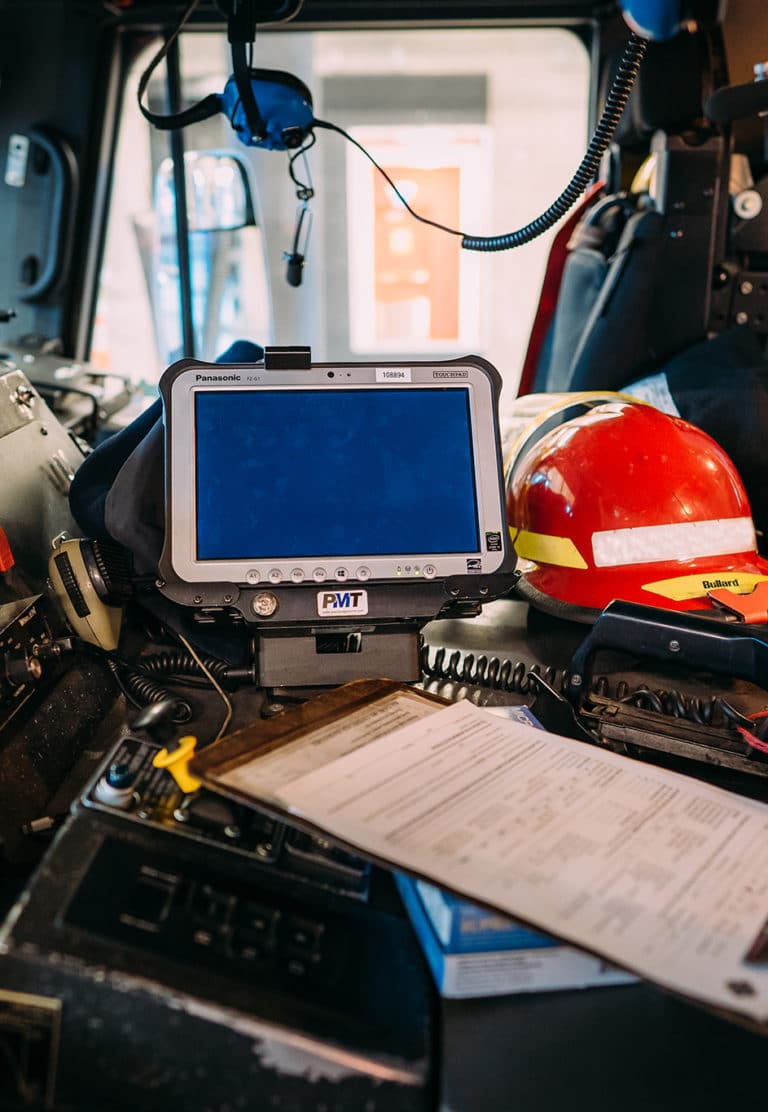
What if I call 9-1-1 accidentally?
If you dialled 9-1-1 unintentionally, please stay on the line and let your call-taker know.
What else should I know about calling 9-1-1?
Here are some additional tips about calling 9-1-1:
- Please do not program 9-1-1 as a contact into any phone.
- Always lock and store your cell phone carefully to prevent any accidental 9-1-1 calls.
- Do not text or tweet 9-1-1.
